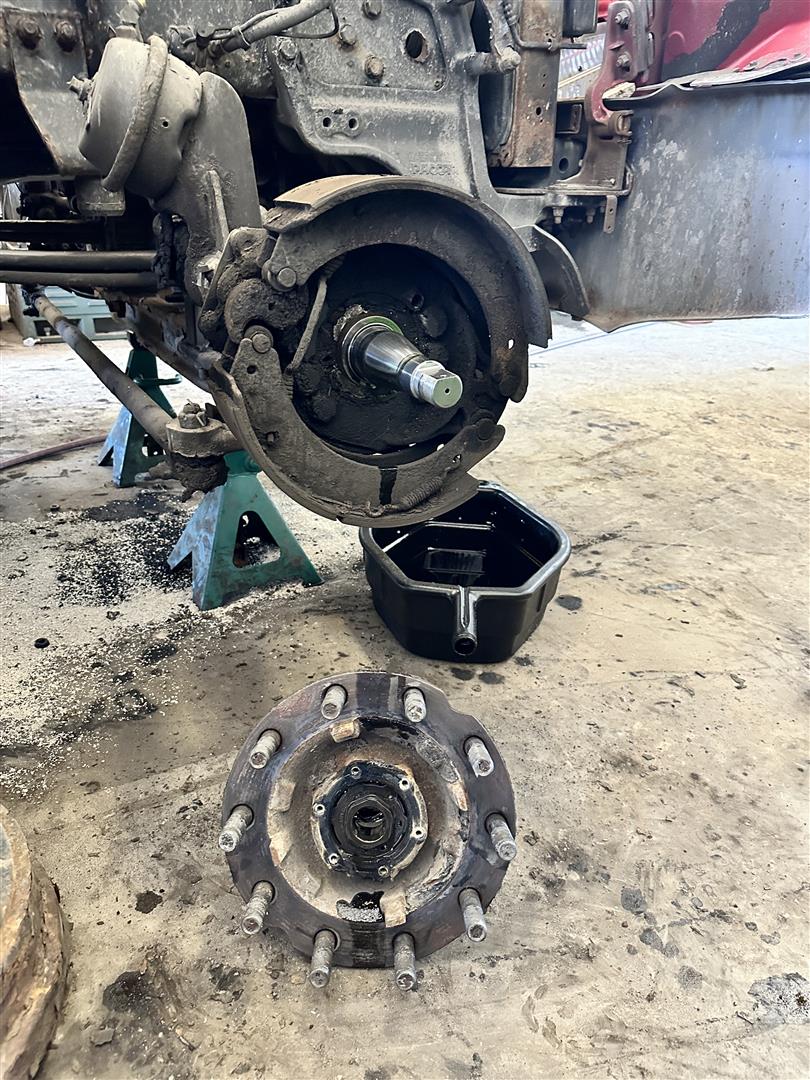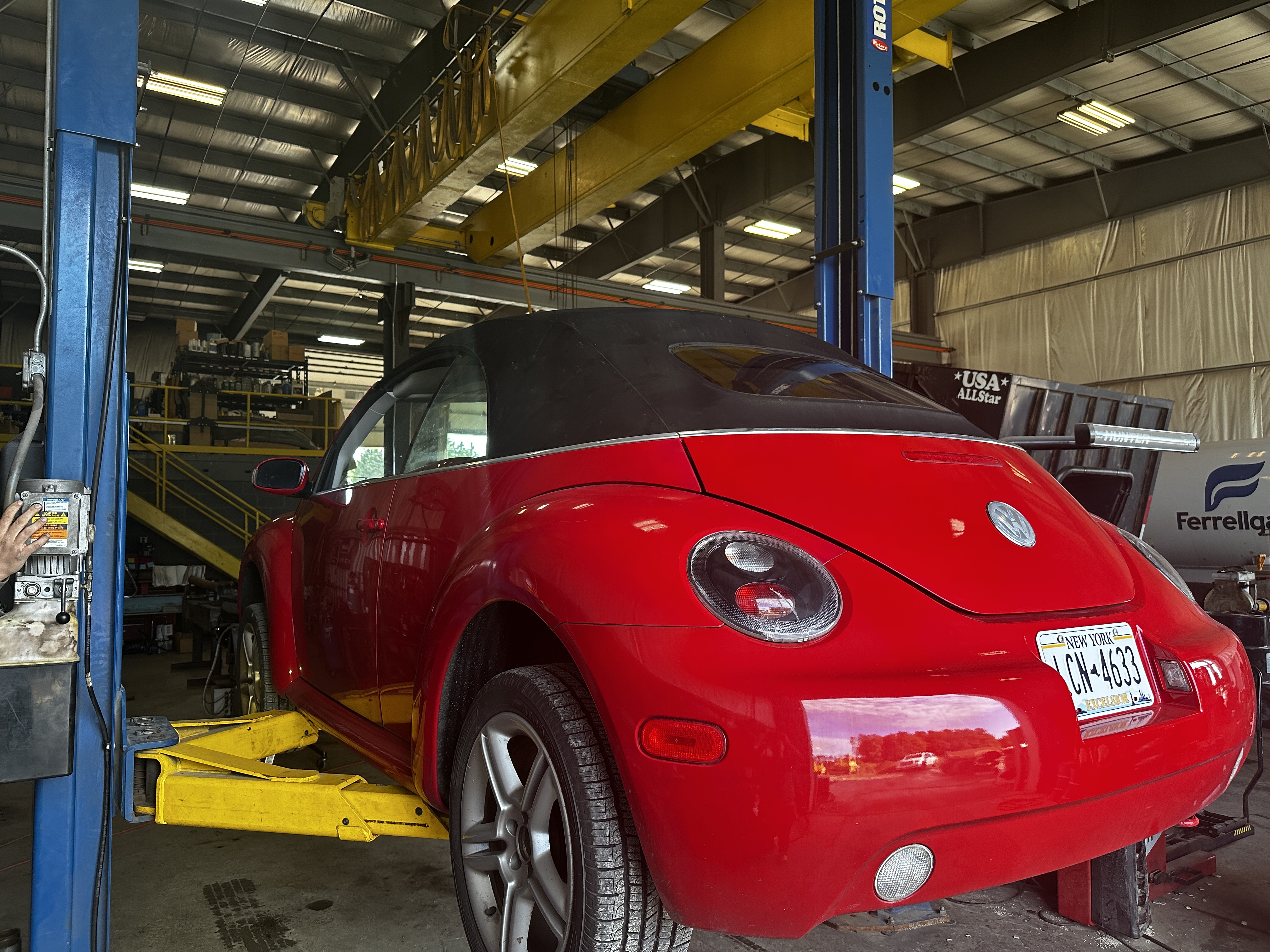Posted on 9/27/2023

The kingpin is a crucial component in steering systems, as it’s a pivot point connecting the axle to the steering knuckle or spindle, which lets the wheels move when you turn the steering wheel. Apart from that, the kingpin also supports the vehicle's structure and keeps the front suspension stable. Keeping the kingpin properly aligned is essential for safe and smooth handling on the road, because the structural support and stability helps distribute the weight of the vehicle and handles the forces and vibrations while driving. Kingpin failure typically occurs from wear and tear over time. Inadequate lubrication, corrosion and rust, and improper alignment can also weaken the kingpin and its associated parts, especially in regions with harsh weather conditions or exposure to road salt. This can place undue strain on the kingpin, leading to premature failure. Regular maintenance, lubrication, and proper alignment are essential for preventing kingpin failure and ... read more
Posted on 9/20/2023

The first signs of bearing failure are unusual noises coming from the bearing such as grinding, squeaking, or rumbling sounds. These noises often indicate that the bearing is experiencing increased friction and wear. Another, but more dangerous sign when the bearings are worn or damaged as it may cause increased vibration due to the imbalance or misalignment they create. This is dangerous and it is vital to catch bearing problems early to prevent more extensive damage to your vehicle. Driving a car with a bad wheel bearing is not recommended and can be dangerous. A wheel bearing plays a critical role in the safe operation of a vehicle. It allows the wheel to rotate smoothly while bearing the weight of the vehicle. When a wheel bearing is damaged or fails, it can lead to several problems and safety hazards. These hazards include reduced control, uneven tire wear, and in the worst possible case wheel separation. Given these safety risks, it's crucial not to drive a ve ... read more